About Publications Library Archives
heritagepost.org

Preserving Revolutionary & Civil War History

Preserving Revolutionary & Civil War History
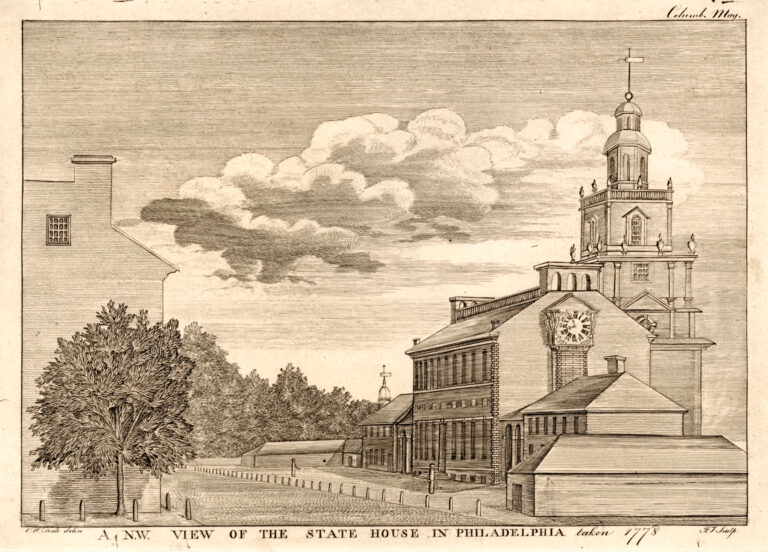
Author: John Adams Date:1774 Annotation: In the following letter, in which he describes the grievances he feels threaten to reduce the colonists to political slavery, John Adams (1735-1826) revives memories of the Puritan struggle against the religious tyranny of the Stuart monarchs during the English Civil War, a subject dear to the heart of…
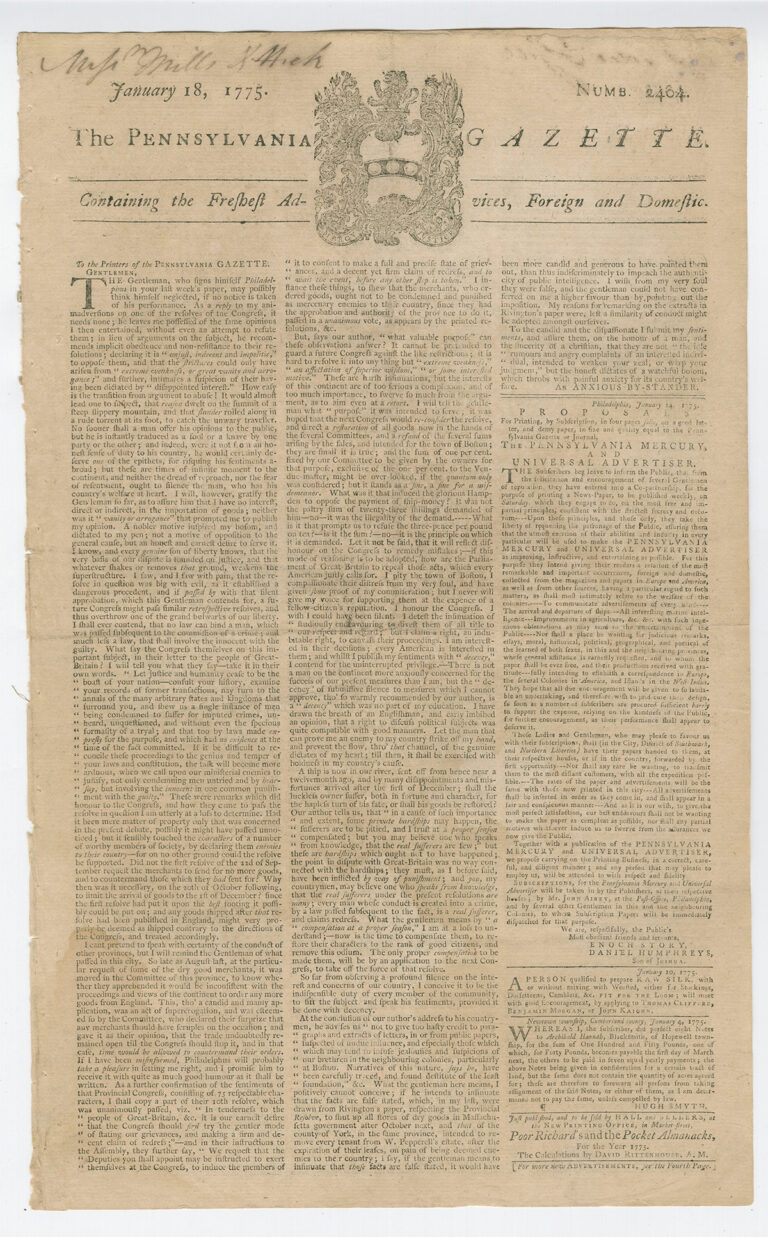
Date:1774 Annotation: Many members of the Continental Congress blamed the imperial crisis on the acts of malevolent ministers and implored King George to intercede with Parliament and find some means to preserve English liberties in America. In fact, the king was so invested in the imperial policies that he was unable to serve a mediating…
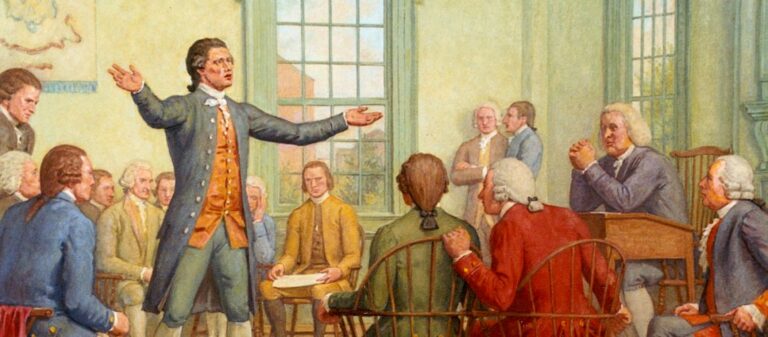
Date:1774 Annotation: Declaration and Resolves of the Continental Congress Document: Whereas, since the close of the last war, the British parliament, claiming a power, of right, to bind the people of America by statutes in all cases whatsoever, hath, in some acts, expressly imposed taxes on them, and in others, under various pretences, but in fact for…

Date:1774 Annotation: The Quebec Act enlarged French Quebec to cover the area as far west as the Mississippi River and as far south as the Ohio River. French law prevailed in this area and the Catholic Church would have a privileged status there. Document: An Act for making more effectual Provision for the Government of the Province…

Author: Caesar Rodney Date:1774 Annotation: A signer of the Declaration of Independence from Delaware, Caesar Rodney (1728-1784) served as a major general in the state militia and as president of Delaware during the Revolution. In this letter, Rodney describes the rumors and paranoia following a false report of a British attack on Boston. He…
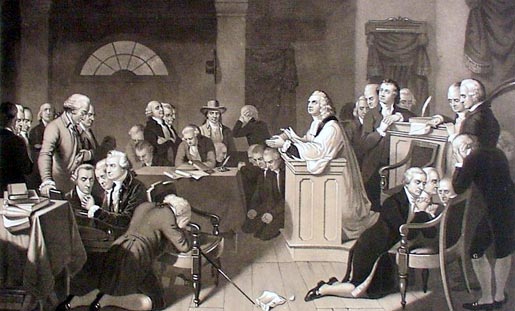
Date:1774 Annotation: Leaders of the patriot cause repeatedly argued that imperial policies would literally make the colonists slaves of the British. As the historian Bernard Bailyn has demonstrated, the colonists talk of being enslaved was not hyperbole or lurid rhetoric; it expressed a genuine fear of being subjected to “the arbitrary will and pleasure of…

Date:1774 Annotation: Established June 2, 1774, the Quartering Act of 1774 was similar to the Quartering Act of 1765. This act allowed troops to be quartered in private facilities. Document: AN ACT to amend and render more effectual, in his Majesty’s dominions in America, an act passed in this present session of parliament, intituled, An act for…
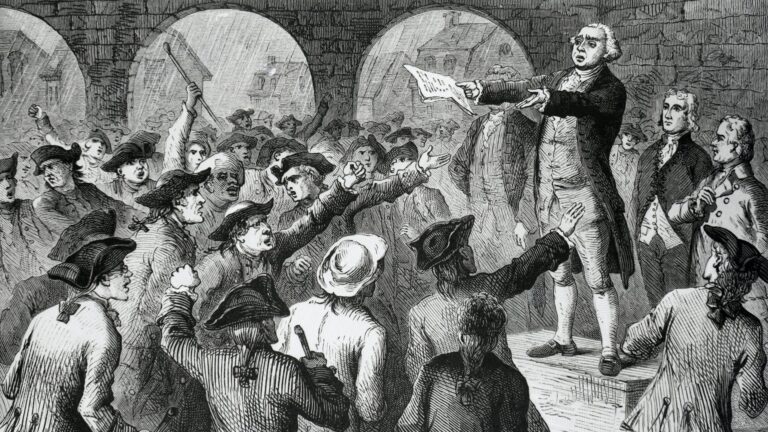
Author: George Read Date:1774 Annotation: Britain responded to the Boston Tea Party with outrage. Convinced that rebels in Boston had to be taught a lesson, Parliament passed several laws that the colonists called the “Intolerable Acts.” One act closed Boston Harbor until Bostonians paid for the destroyed tea. Another measure gave the governor the…
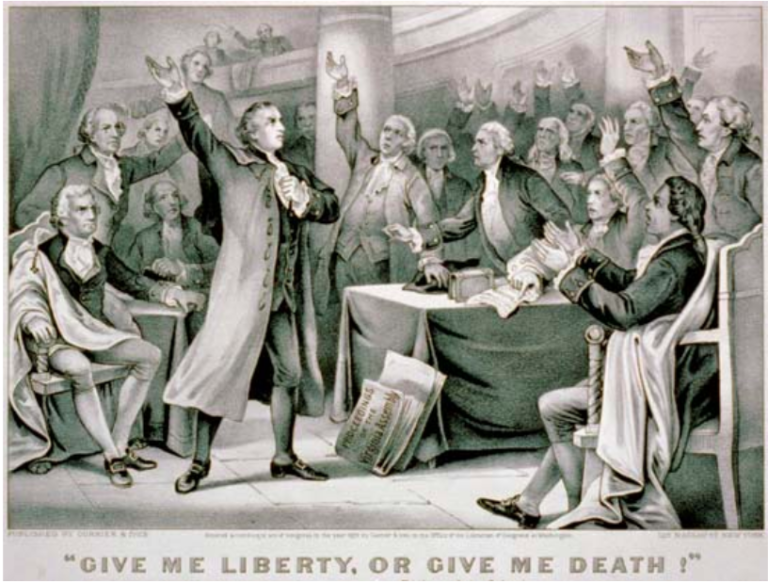
Date:1774 Annotation: The Massachusetts Government Act put the election of most government officials under the control of the Crown, basically removing the Massachusetts charter of government. Document: An act for the better regulating the government of the province of the Massachuset’s Bay, in New England. WHEREAS by letters patent under the great seal of England, made in…
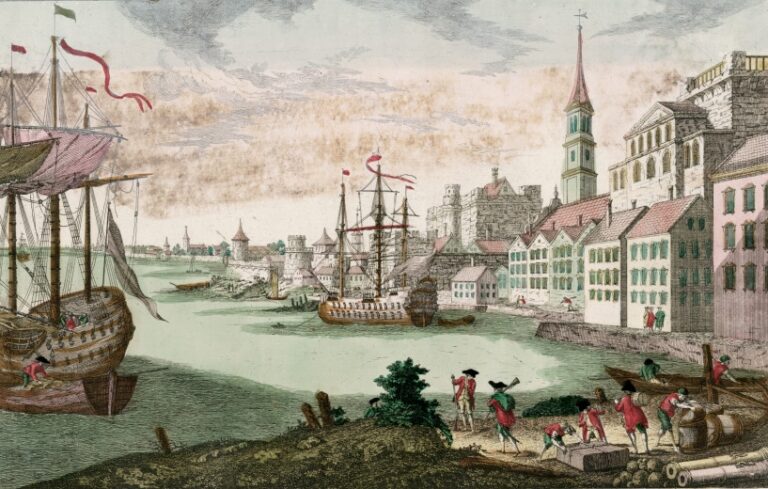
Date:1774 Annotation: Parliament passed the Boston Port Act in hopes to regain control of an unruly Massachusetts. The act closed the ports in Boston until the city saw fit to reimburse the East India Company for the damage caused by the Boston Tea Party. Document: AN ACT to discontinue, in such manner, and for or such time…